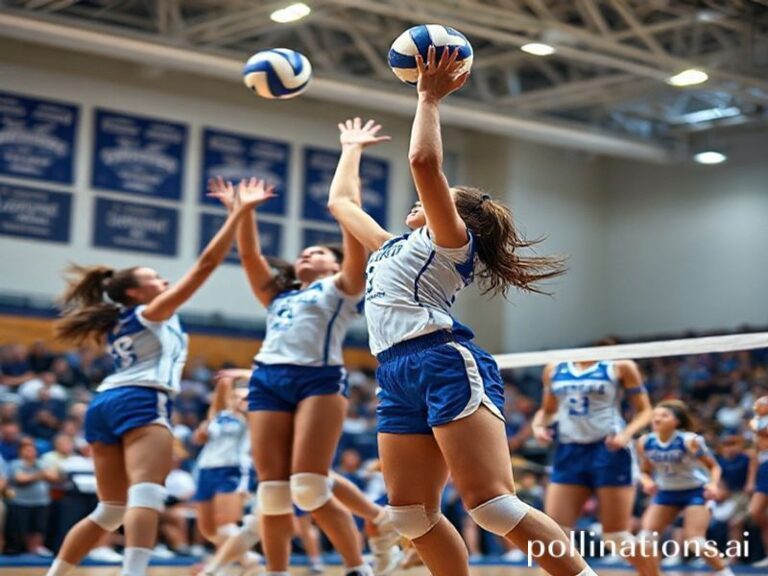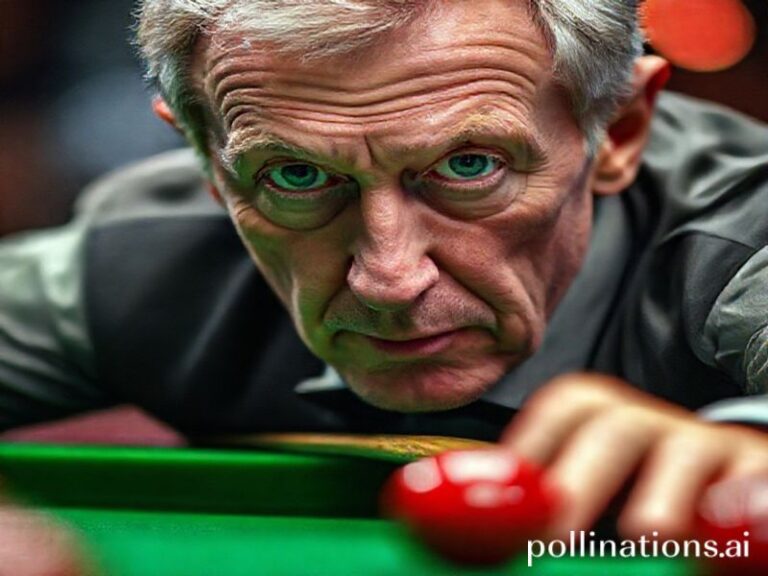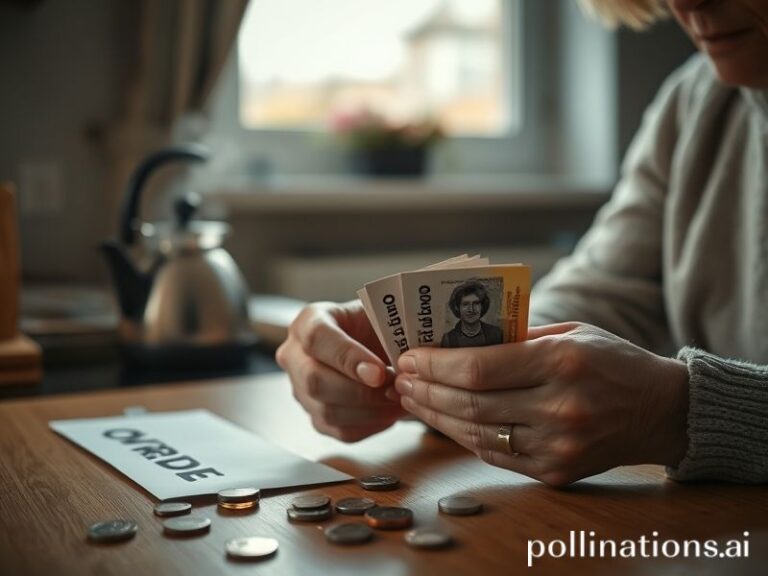Riyadh’s Vanity Derby: When Oil Money Writes the Script and Ronaldo Scores the Cameo
RIYADH — The desert air crackled with all the manufactured drama of a Netflix trailer last night as Al-Nassr and Al-Riyadh locked horns in what the league’s marketing department has optimistically labeled “The Capital Clásico.” That descriptor, like most things in modern football, is 30 percent history and 70 percent scented candle: a gentle lavender glow intended to obscure the lingering smell of money.
On paper it was merely Week 22 of the Saudi Pro League. In practice it was a geopolitical pop-up shop. Cristiano Ronaldo—global icon, reluctant bench-warmer at Manchester United last year, now the Gulf’s highest-paid influencer—lined up against a club whose annual wage bill is roughly what he spends annually on cryotherapy chambers. The world’s cameras panned across King Fahd International Stadium, zooming past the empty seats still priced like London scalper tickets, searching for meaning in a fixture that, until 2023, ranked somewhere between “Tuesday night in Stoke” and “pre-season friendly in Perth.”
Yet meaning abounds if you squint hard enough. The Saudi Public Investment Fund has spent the past 18 months treating European football like an overstock sale at Harrods: “We’ll take two Ballon d’Or winners, a World Cup midfielder, and throw in a spare goalkeeper for the desert heat.” The result is a league that now broadcasts into 130 countries, each viewer reassured that the Kingdom’s vision of 2030 is less about diversifying an oil economy and more about diversifying the highlight reels. Al-Nassr versus Al-Riyadh is thus packaged as a morality play—tradition versus ambition, local lads versus imported galacticos—when in truth everyone is on the same payroll, just wearing different colored laundry.
For the international audience, the match offered a reassuringly familiar subplot: Ronaldo scoring a penalty with the understated humility of a man knighting himself on live television. The goal was his 26th of the season, a statistic that will be carved onto marble tablets in Riyadh’s soon-to-be-built Museum of Soft Power. Meanwhile, Al-Riyadh’s Colombian striker, Juan Ignacio Ramírez, equalized late, prompting a roar from the away end that sounded suspiciously like the stadium PA system on loop. The final whistle blew at 1-1, the diplomatically convenient scoreline that keeps broadcasters happy and prevents any sheikh from having to feign heartbreak on camera.
Zoom out and the fixture becomes a parable for the age. We live in a world where sports are no longer escapes from politics but their continuation by other means—lavishly funded means. The same week that Al-Nassr signed another Portuguese veteran, the UN released a report warning that global temperatures may breach 1.5 °C within the decade. One suspects the irony is not lost on the players sprinting through 38-degree night air made possible by the fossil fuels financing their salaries. Still, the post-match press conference focused on VAR controversies, because existential dread does not test well with sponsors.
For European leagues, the takeaway is equal parts envy and panic. The Premier League suddenly resembles a Victorian mill owner clutching its pearls as workers flee to better wages abroad. La Liga officials mutter darkly about “competitive distortion,” a phrase here meaning “someone outbid us.” And American investors watch with the detached curiosity of a hedge fund manager eyeing a new asset class: sportswashing futures, now trading at an all-time high.
Back on the King Fahd turf, the players posed for selfies with fans flown in from Jakarta and Lagos, their Instagram stories geo-tagged to a city few could locate on a map last year. Somewhere in the executive boxes, men in spotless thobes nodded approvingly: the world was watching, and it was double-tapping. The beautiful game had become the beautifully branded game, and we are all—viewers, players, journalists—just bit-part extras scrolling through our own cameo appearances.
The final irony? In the scramble to globalize the Saudi league, the match itself felt local again: neighborhood clubs, neighborhood chants, neighborhood dreams. Even if the neighborhood now spans six continents and the dream comes with a direct-deposit slip from a sovereign wealth fund.







